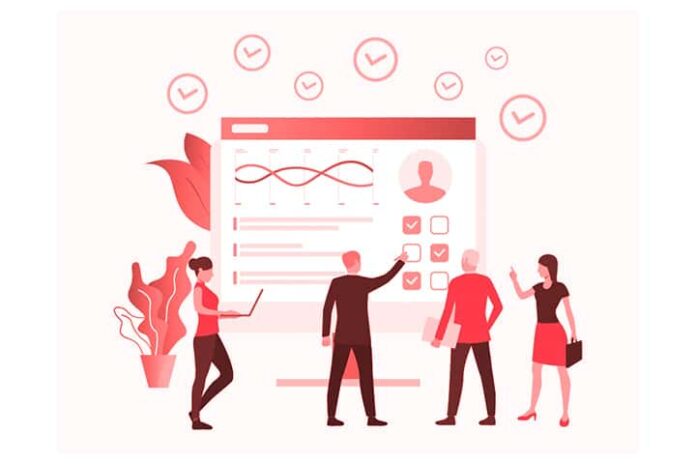The digital identity is, in short, everything that exists on the network and can serve to identify. This simple concept hides an enormous complexity given the amount of information (private and public) that we usually share on the Internet.
In reality, digital identity is similar to the identity we have in the real world, only the former can be stolen, while the latter cannot. In the physical world, everything we do, everything we leave behind in our interactions with other people makes up that identity.
On the Internet we add a multitude of other data to our real identity, sometimes we do not even notice them. For example, any comment on publications of any kind, from blogs to social networks, the “likes” on Facebook, retweets and “likes” on Twitter, the photos we share on Instagram (and to which we “like”). We could go on all day.
The Challenges Of Digital Identity
We use our digital identity more and more, for more things. Buying online is already very common, and not only in large eCommerce but in small stores of all kinds. We also pay from the mobile app and do many operations that, just five years ago, were quite rare.
This poses significant security and privacy challenges that must be overcome. The most important is to have identification systems that serve to identify us without a shadow of a doubt. and also that serve to demonstrate that we are the holders of the digital identity, and not just an imposter.
The theft of digital identities is one of the most frequent crimes on the Internet. So you can protect yourself:
- Do not connect to WiFi networks that are unprotected or public ones.
- Do not visit unprotected web pages, that is, avoid those that do not have HTTPS, the secure hypertext transfer protocol.
- Use strong passwords and change them regularly. We talked about this when we explained the advantages of password managers in the ABC article of personal cybersecurity.
- Update the software when it’s time to do so. We should never skip security updates, as they are vital to protect ourselves from malware.
- Always review the permissions and privacy policies, even if they are a bit “boring.”
- Monitor your name regularly. Search yourself on Google, see what you find, and, if there is something you do not like, try to exercise your rights in terms of data protection. We do not mean that you have to remove all personal information from the Internet, although it may be necessary to restrict certain things that do not match your preferences.


